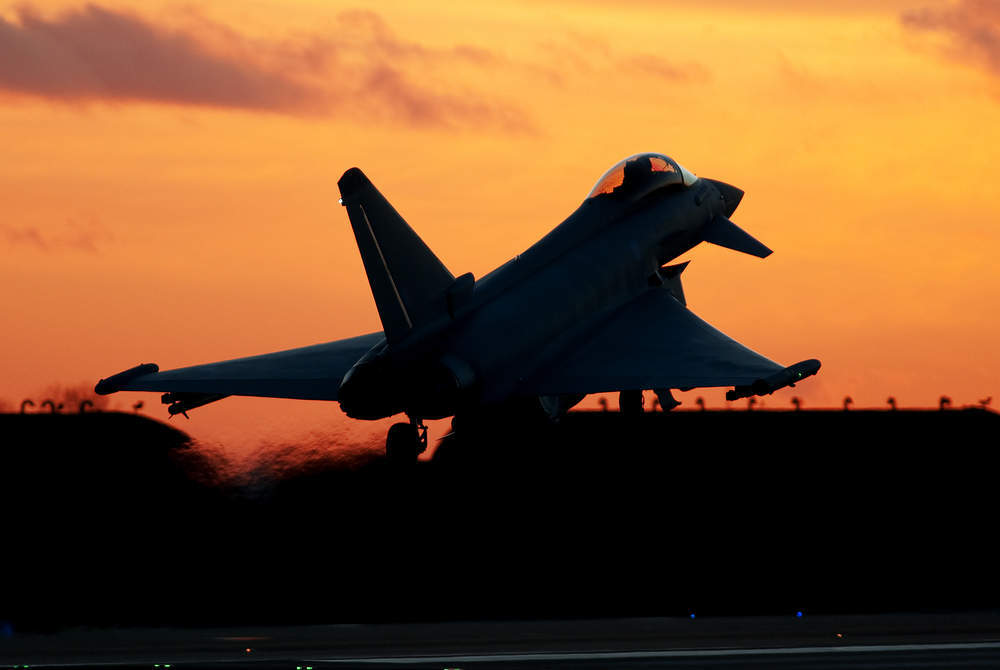
The Qatar Eurofighter Typhoon deal is good news for BAE Systems but it should not disguise a stark reality: at present the jet is losing out badly to the French made Rafale, especially in what were formerly highly productive markets in the Arabian Gulf.
Earlier this week BAE Systems inked a £6bn deal to sell 24 Eurofighter Typhoons to Qatar but there’s a danger in placing too much faith, or emphasis, in attempting to turn around Eurofighter sales.
Very few nations have the available resources to buy in the numbers BAE needs.
Current geopolitical problems in the Gulf suggest BAE has secured second prize, having lost out on the Saudi Arabia jet contract to the Rafale.
Persuading Saudi Arabia to buy the Eurofighter could be significantly harder now Qatar will have it in a few years.
Whilst the deal will help to keep production lines moving for several years after the original 2020 end-date, further orders will be needed to keep going from 2025.
How well do you really know your competitors?
Access the most comprehensive Company Profiles on the market, powered by GlobalData. Save hours of research. Gain competitive edge.

Thank you!
Your download email will arrive shortly
Not ready to buy yet? Download a free sample
We are confident about the unique quality of our Company Profiles. However, we want you to make the most beneficial decision for your business, so we offer a free sample that you can download by submitting the below form
By GlobalDataLosing Gulf markets to the Rafale is a very serious problem. Outside of the four countries involved in the creation of the Eurofighter, only one – Austria – is not a Gulf state.
The other four – Saudi Arabia, Kuwait, Qatar and Oman – share similarities in that they all invest in defence but have no indigenous defence industry. Such countries are relatively rare, and BAE needs them to keep production lines moving.
Without involvement in the next European jet, and a domestic government unwilling to plough in the level of resources required for a solo development effort, BAE should ensure the company is at the vanguard of new unmanned aircraft to maintain relevance in fast fighter jets.
An agreement in principal between the UK and France to jointly develop Future Combat Air system (FCAS) was made in 2016 and both BAE and Dassault Aviation are said to be awaiting the final go-ahead.
Suspicion lingers, however, that the recent Franco-German agreement could scupper the plan. Succeed in unmanned aircraft and the company will remain a force in plane manufacturing and development.
In all probability, it is the best hope the company has.
Although three European nations are examining, or are about to examine, the Eurofighter as a potential long-term option, none are ever likely to order in the numbers leading Gulf nations habitually do.
Without major alternative markets to which BAE can sell the Eurofighter, the company should ensure it is at the vanguard of technological progress.
Here, substantial involvement in the F-35 joint-strike fighter will come in useful. Last year approximately 40% of BAE business was done in the United States in a wide-range of fields, including aircraft technology.
One such technology is unmanned flight. Get ahead in this segment of defence and the markets lost to the Rafale could be won back.
Given that the Qatar deal is most likely the largest BAE will be able to conclude for quite some time, the reality of the modern marketplace for fighter aircraft should not be ignored.





Related Company Profiles
Dassault Aviation SA
BAE Systems Inc